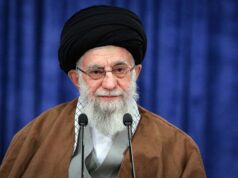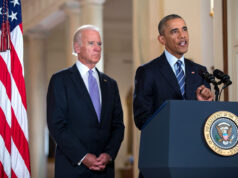The Obama administration removed certain trade sanctions last Thursday that barred Americans from selling cell phones to non-governmental Iranian consumers. The U.S. State and Treasury Departments heralded the change in policy as a means of extending greater information and communications access to Iranian citizens. The general license permits the sale of cell phones, laptop computers, and software to consumers. It does not, however, authorize transfers of such equipment to the Iranian government or anyone on the Treasury’s Specially Designated Nationals (SDN) list.
The Treasury Department released a statement claiming the motivation behind the repeal was to encourage the Iranian people to overcome their government’s “efforts to stifle their access to information.” The Iran-Iraq Arms Non-Proliferation Act of 1992 gives the President the authority to waive certain sanctions if it is “essential to the (U.S.) national interest.” The President delegated the decision-making authority to the Under Secretary of State for Arms Control and International Security. Lifting the ban on electronic goods marks a departure from prior U.S. policies that restricted access to communication tools during the Green Revolution following the contested 2009 presidential election.

An Iranian man checks the rates of foreign currencies on his cell phone at a currency exchange bureau in central Tehran, Iran. (Photo: UPI) |
The timing suggests an attempt to shape Iranian public opinion and encourage the opposition before the June 14 presidential election. Despite the utilization of Twitter and other social networking sites by groups supporting opposition candidates Mir-Hossein Mousavi and Mehdi Karroubi in 2009, limited product availability limited the opposition’s ability to organize and prevented a higher level of transparency for the abuses occurring during and after the election.
The attempt to provide civilian empowerment may also be a response to the fact that the Iranian people largely blame the U.S. for their mounting economic difficulties as the Obama administration implemented new economic sanctions on June 3. In targeting the automobile sector, Iran’s second largest employer, the administration has delivered another blow to the Iranian economy by prohibiting the exchange of goods and services used in auto manufacturing. The sanctions further diminish the value of the rial, Iran’s currency, in international trading. American officials tie the increased sanctions to continued worry about about Tehran’s uranium enrichment program, which could allow the Islamic Republic to develop a nuclear bomb.





